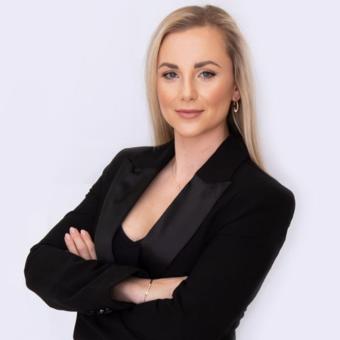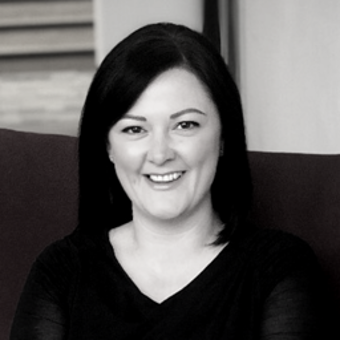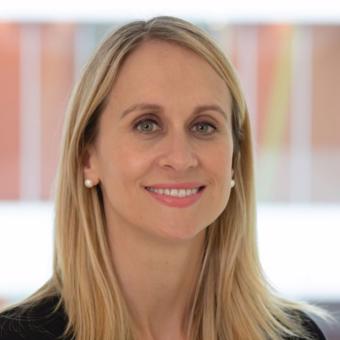What makes a good GC, why in-house lawyers add value and what drives her.
Vanessa, can you summarise your career to date?
After four years in private practice, I succumbed to the in-house light and joined Zeneca, subsequently AstraZeneca, in 1998. I left AZ in 2012, took some time out for study and then joined BUPA as an interim until I took the role at Wolseley UK in 2013. When I started, the Wolseley UK legal team comprised two lawyers and a debt recovery team of five. Now my function is approx 50 people, and covers Legal, Risk and Compliance, which includes Health & Safety, Environmental, Operational Systems and Risk/Insurance, as well as the legal team (currently five lawyers) and the debt recovery team. I’ve tried to put legal at the heart of the business – integrating legal and compliance teams, centred on a common purpose and providing a continuum of support. I describe my team as the better business team.
What is your current role at Wolseley?
I’m the Wolseley UK GC, and a member of the Wolseley UK Leadership Team. I have a great role – head of an important function and part of a leadership team responsible for a £2bn business. I have a broad leadership role, with broad responsibilities, including other ways to shape the business like diversity and inclusion, and charity partnering. It gives me more scope to make a difference.
What makes a good GC?
In my view, it’s a desire to shape the business to deliver sustainable profitability. A good GC needs to understand their business and how their team can support its strategic ambitions. A good GC should enable and empower – I see my role as being to enable and empower my teams, and I deliver through them. Personally, I think a good GC also cares about their colleagues and is focused on welfare and engagement. The health and safety agenda is really important to me – I want every one of our 6300 colleagues to go home safely to their family each night.
What advice would you give lawyers looking to become a GC?
First, maintain your technical skills but hone soft skills like influencing and managing expectations. Also, be ready to be a business person not a lawyer - make sure you understand your business and be prepared to deal with numbers. Finally be ready to take on new responsibilities – lawyers have great skills, most of which are transferable. If you’re not being challenged, are you really growing?
What does Wolseley UK do?
Wolseley UK is the UK’s leading plumbing and heating distributer, supplying 180,000 different products to over 100,000 customers every year. Its market-leading brands, which operate from more than 900 trade counters across the UK, include Plumb and Parts Center, Pipe Center, Climate Center and Burdens. Wolseley UK’s extensive branch network is matched by an unrivalled daily delivery service from five distribution centres in Melmerby, Worcester, Milton Keynes, Measham and Royal Leamington Spa. The company invests heavily in people through a company-wide training structure and offers an award-winning pension and rewards package.
What sort of work do the legal team get involved with?
We focus mainly on contracts and compliance, with lots more besides! Put simply, we write the business and fix stuff. I’m really proud of the legal team – it’s a small team but punches well above its weight. The team have strong technical skills, that’s a given, but equally importantly they are great communicators. Most of our colleagues work behind a trade counter or in a warehouse, lawyers writing for lawyers won’t land the messages. Equally we have to be pragmatic – the in-house role is about legal counsel and risk management, and being part of a bigger picture. We have broad competencies and depth of knowledge, and deal with most things in house.
In your view, where does the in-house lawyer add value?
First, they know the business. That means they can contextualise the advice, and ensure it is communicated appropriately. They work alongside business unit colleagues to write the business. Second, they can make a call on what matters – they protect Wolseley UK’s interests but don’t need to waste time negotiating non-important points. They provide advice with insight. Third, they provide proactive guidance and support – from ad-hoc questions to targeted training and “how to” notes.
What distinguishes the Wolseley UK legal team?
The team itself – in particular its ambition, culture and pace. We don’t stand still, and regard continuous improvement as one of our USPs. In the last 12 months we have developed and are implementing a new operating model, rolled out an enhanced compliance programme, and been creative in our training and guidance tools - blending imagination and available technology. The FT Innovative Lawyers award recognised that.
We’re a front of house not back office team, and that shows. Yes, approachability creates workload, but it also means we hear about things and can be a trusted adviser.
We treat legal as a service, and our customer feedback shows that we have a high performance culture. We recently used an external consultancy to assess our maturity level – it’s another aspect of making sure you deliver what the customer needs.
I am really proud of the Wolseley UK legal team, and what it has achieved.
What are you passionate about?
Continuous improvement and people. I’m also becoming a bit of a technology evangelical - I’ve just been asked to join a panel on Technology and Law. I am also passionate about opportunity and inclusion. Talent comes in all shapes and forms and from all places. As a profession, we could be more open to that. One of our lawyers is part of a mentoring scheme, and his mentee was our best vacation placement last year. We also recently had a colleague from our Facilities team join the Legal team on a day release basis, to give him some practical experience. He studied for his law degree while working full time and graduated with first class honours. Why wouldn’t you want him on the team?
How do you see the in-house model changing?
I see a pyramid of legal support to a business, with in-house lawyers high on the value chain. Automation and non-lawyers will push in-house lawyers up the pyramid, and (internal) customer demand will pull them up. I anticipate a portfolio model of legal resourcing; the simple bilateral model of in-house plus external law firm is outdated. A more agile and matrixed collaboration of in-house, alternative service provider and law firm is the more progressive option, with many possibilities and layers. One size won’t fit all. I see my role as creating a service infrastructure that anticipates and responds to customer needs.
What have been your career highlights at Wolseley?
I tend to work in threes, so: one – being asked to take on a much broader remit; two - FT Innovative Lawyers award; and three, our Macmillan coffee morning 2015 – we raised £35k and, most importantly, lots of our branches were involved.











